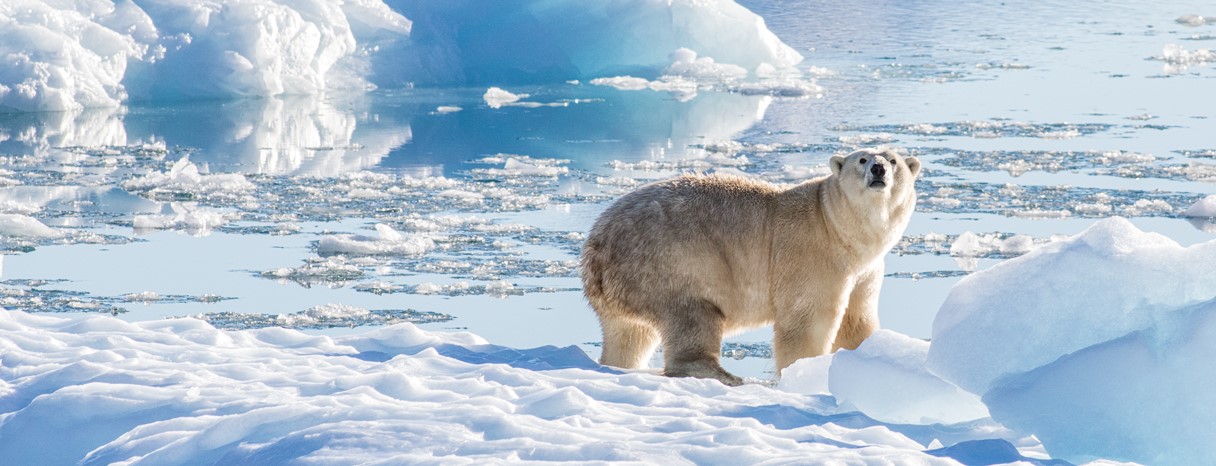DONATE
The declining polar bear population is a concerning environmental issue with far-reaching implications. Polar bears, primarily found in the Arctic, are integral to the region’s ecosystem and are considered an indicator species for climate change. They rely on sea ice for essential activities like hunting and breeding. However, due to climate change, the Arctic is experiencing significant ice loss, leading to habitat fragmentation and reduced access to their primary prey, seals. This loss of habitat is the biggest threat to polar bears, compounded by other factors such as industrial impacts and pollution. The decline in polar bear numbers not only affects the Arctic ecosystem but also reflects broader environmental changes impacting the planet. Protecting polar bears is crucial not just for their survival but also for maintaining the ecological balance in their habitat, which has wider implications for global climate health. The conservation of polar bears, therefore, represents a critical effort in addressing the broader challenges of climate change and environmental preservation.
If you found any of my projects interesting or useful, please consider donating to help these marvelous animals survive.
Polar Bears International
“We know polar bears — their habits, their ecology, and their threats. In fact, we’re the only conservation organization dedicated solely to wild polar bears.“
Alaskan Wilderness League
“Alaska Wilderness League works to ensure that Alaska’s wild landscapes endure to support vibrant communities and abundant wildlife for generations to come.”
Defenders of Wildlife
“Be a voice for wildlife. Prevent extinction. Protect habitat. Defend Nature”
WWF
“Our vision is to build a future in which people live in harmony with nature. To deliver this mission, we work to conserve and restore biodiversity, the web that supports all life on Earth; to reduce humanity’s environmental footprint; and to ensure the sustainable use of natural resources to support current and future generations.“
